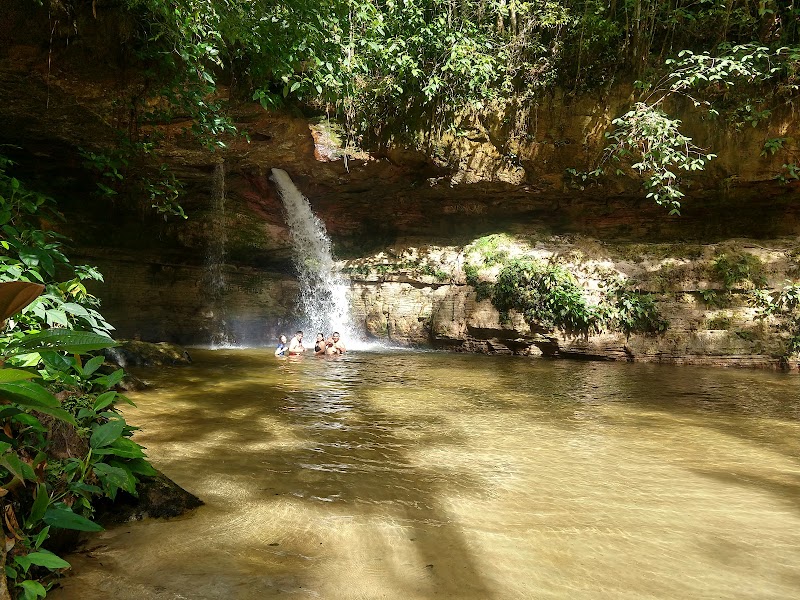
Caverna do Maroaga State Park Adventures
Caverna do Maroaga State Park in Amazonas, Brazil, is a protected area famous for its extensive cave systems, lush Amazon rainforest, and vibrant indigenous wildlife, offering unique caving and ecotourism experiences.
About Caverna do Maroaga State Park

Caverna do Maroaga State Park is located in the state of Amazonas, Brazil, protecting a significant section of the Amazon rainforest and some of the most extensive cave systems in the region. The park covers an area rich in biodiversity, including many endemic and threatened species of flora and fauna, making it an important conservation area within the Amazon basin. The park’s terrain features limestone karst formations where numerous caves, sinkholes, and underground rivers carve the landscape. Visitors have the opportunity to explore these caves, witnessing impressive stalactites and stalagmites formations alongside underground lakes. The park’s ecosystem supports legendary species such as jaguars, tapirs, and various primates, as well as countless birds and insects adapted to this tropical environment. Historically, the park incorporates indigenous cultural elements, as local native communities have inhabited the area for centuries and maintain a close relationship with the forest and caves. Popular recreational activities include guided cave tours, hiking through rainforest trails, birdwatching, and photographing unusual geological features. Caverna do Maroaga State Park is a gateway to understanding the ecological complexity of the Amazon and offers visitors a chance to experience natural wonders away from urban centers, appealing to nature lovers, spelunkers, and researchers alike.
Highlights
Maroaga Cave – extensive limestone cave system with dramatic stalactite and stalagmite formations
Underground lakes with crystal-clear waters inside the caves
Rich Amazon rainforest hosting jaguars, giant otters, and various bird species
Guided ecological and cultural tours led by indigenous community members
Notable Natural Features
Maroaga Cave
One of the park’s defining features, this vast limestone cave showcases impressive geological formations and subterranean water bodies.
Amazon Rainforest Ecosystem
The park preserves primary Amazon rainforest vegetation that harbors diverse wildlife, including many endangered species.
Indigenous Cultural Experience
Tours are often led by indigenous people who share insights into traditional uses of the forest and local conservation ethics.
